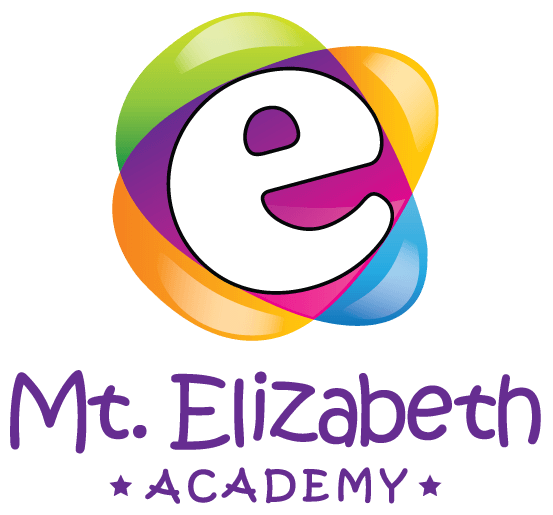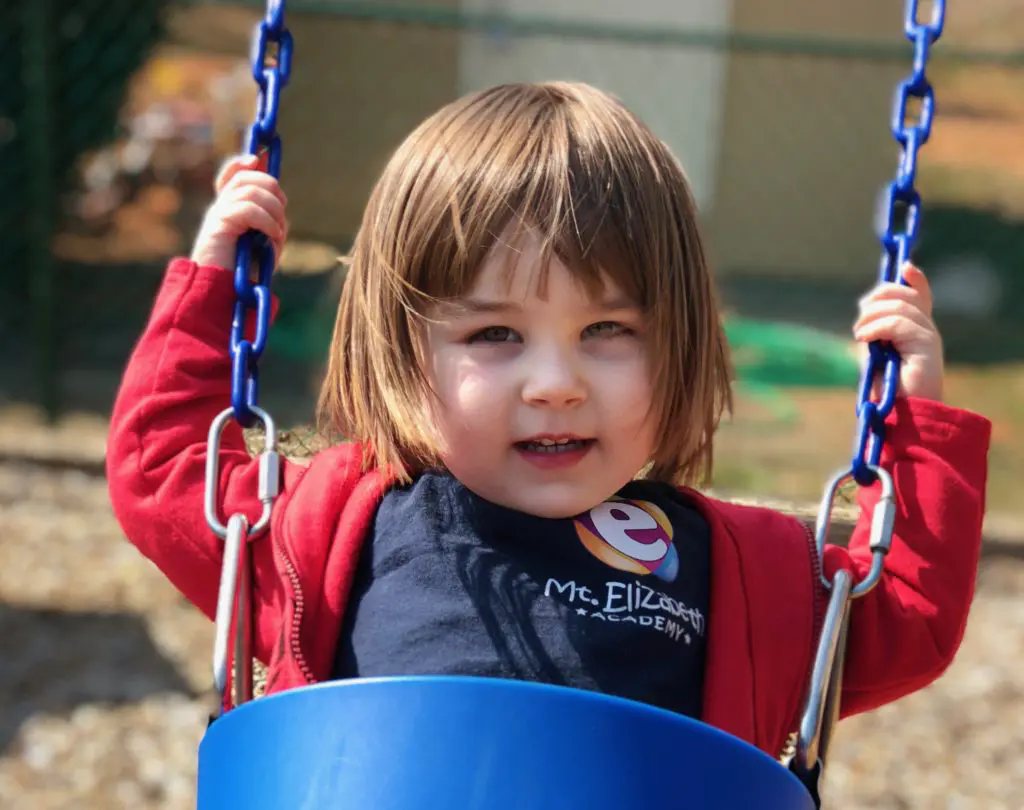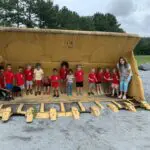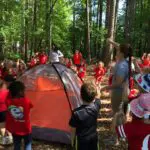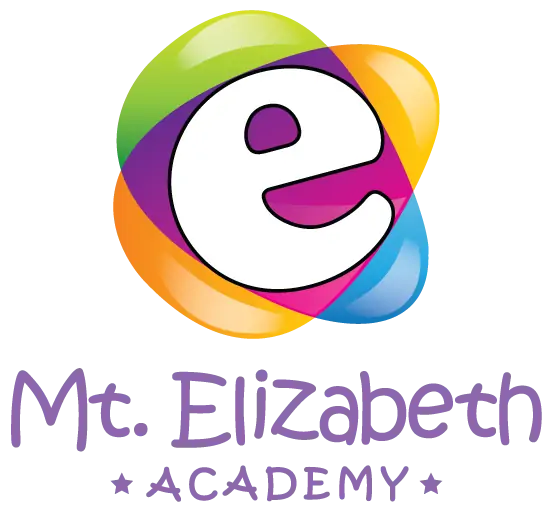Advancements in neurological research are revealing the hidden might of young minds. When it comes to how we educate children, these insights are crucial. Here are three important examples of how recent studies are affecting early-childhood education best practice.
Children’s Emotional States Affect Their Learning
It turns out that how your child feels about her learning environment can substantially affect how well she retains what she’s taught. For instance, if she feels safe and accepted, and if she trusts others around her—especially adults—the areas of her brain that are associated with rewards are more likely to be activated. This is important when it comes to educational activities. If she comes to associate rewards with education, she’ll be more likely to see school and learning—not just getting all the right answers or performing perfectly—as rewarding. It turns out that this can be contagious, too, since helping others learn further stimulates the reward sectors of the brain. When your child helps another child learn what she’s just learned, both kids feel more positive toward the act of learning.
Blending Left-Brain and Right-Brain Activities Is Essential
Mt. Elizabeth Academy takes a “whole-child” approach to helping children learn and develop. That means that we take everything—mind, body, and spirit—into consideration in caring for your child. Caring for the whole child means involving the whole brain in learning. The research backs up this approach: giving children the chance to participate in activities that entail both sides of the brain helps their comprehensive development. That’s why we use activities that include structured blocks of time and right-brain activities such as memorization with left-brain activities such as creativity and hands-on learning.
Brains Need Plasticity
Ever wondered how you learn new skills? Your brain’s ability to create new connections—its plasticity—is the mechanism that enables learning. Children who are exposed to more opportunities to learn earlier in life are already primed to continue building new connections—their brains have learned how to learn. Studies show that plasticity and transfer—the ability to apply one set of knowledge to a variety of circumstances—go hand in hand. A child who has been taught how to learn in various circumstances is set up to be an insightful lifelong learner.
Interested in learning more about how to unlock your child’s learning potential? Ask one of our expert educators about the programs and opportunities that we offer your child. Contact us to learn more.
